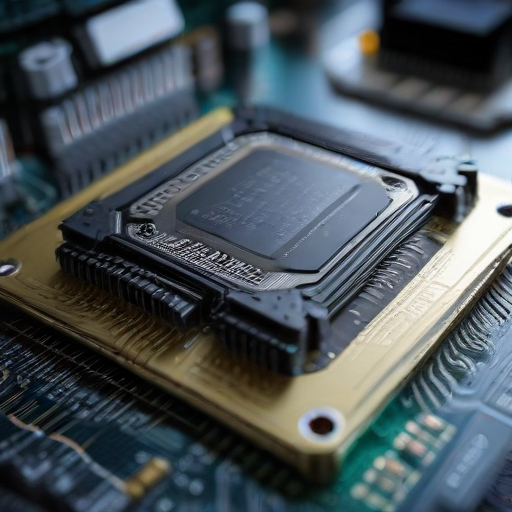As the U.S. government considers implementing stricter trade restrictions to prevent advanced semiconductor technology from reaching China, Nvidia, a leading U.S. chip manufacturer, is reportedly developing a modified version of its new artificial intelligence chips to align with these regulations. According to Reuters, sources familiar with the matter indicated that Nvidia is collaborating with a local distribution partner, Inspur, to introduce the “B20” AI chips specifically designed for the Chinese market.
The anticipated launch of the B20 chips is set for the second quarter of 2025. While Nvidia has not publicly commented on this development, it highlights the company’s adaptability in navigating a challenging market landscape.
In addition, Nvidia has three chips, including the H20, tailored to comply with current U.S. export controls. The H20, which Nvidia has modified in pricing to remain competitive against home-grown rival Huawei, is reportedly experiencing a resurgence in sales. Analysts project that Nvidia will sell over one million H20 chips in China this year, with an approximate value of $12 billion, even amid ongoing U.S. trade restrictions. This figure nearly doubles Huawei’s expected sales for its Ascend 910B chip, showcasing Nvidia’s strong market position despite regulatory challenges.
However, analysts from Jefferies have expressed concerns that the H20 chips may face additional restrictions during the annual U.S. review of semiconductor export controls in October. They suggest the possible scenarios could involve a product-specific ban, a reduction in the computing power cap, or limitations on memory capacity.
Furthermore, there could be implications for export controls on chips sold to other countries in the region, such as Malaysia, Indonesia, and Thailand, or even extending controls to overseas Chinese firms, although the latter may prove complex to enforce.
This situation reflects the dynamic interplay between technology and policy in today’s global market. By adapting to these challenges, companies like Nvidia demonstrate resilience and an ability to innovate in response to regulatory hurdles. The future could hold new opportunities not only for Nvidia but also for the broader tech industry, emphasizing the importance of compliance and strategic partnerships in an ever-evolving landscape.
